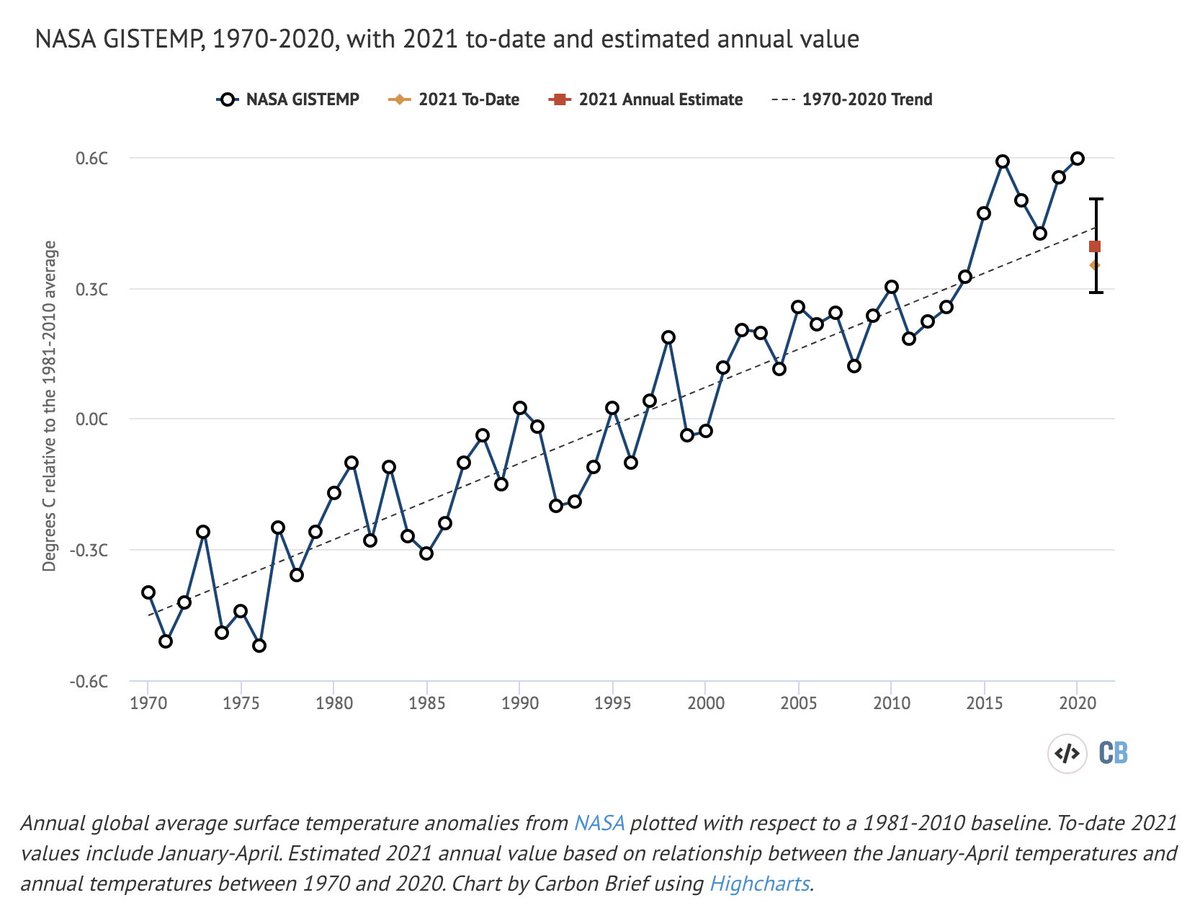
Good post-mortem in @PopSci about the controversy over @ClimateEnvoy's remarks last week. He meant to say largely what the new IEA report says: that we will ultimately need to help bring technologies that are not mature today to market to reach net-zero.
popsci.com/environment/ne…
popsci.com/environment/ne…
I suggested that a lot of the controversy stemmed from the fact that "People are sort of using this as a proxy for their own larger debates, be it futuristic techno fixes versus technologies that are available today, or large scale reforms of capitalism versus green growth."
@JesseJenkins noted that “the challenge is less about invention and more about taking techs like CCS, air capture, biomass gasification, electrolysis – which are invented today and have been demonstrated at pilot or commercial scale – and making them cheap, mature, and scalable.”
One small remaining critique: this statement by @ClimateEnvoy's staff that "about half of the emissions reductions to reach net-zero by 2050 must come from technologies that are not yet ready for market" is not quite accurate.
While the IEA does suggest that half of the emissions reductions in 2050 relative to a stated-policy baseline (STPS) will come from technologies that are not on the market today, thats not the case for cumulative emission reductions between 2020 and 2050:
https://twitter.com/hausfath/status/1394773720040837120
• • •
Missing some Tweet in this thread? You can try to
force a refresh








